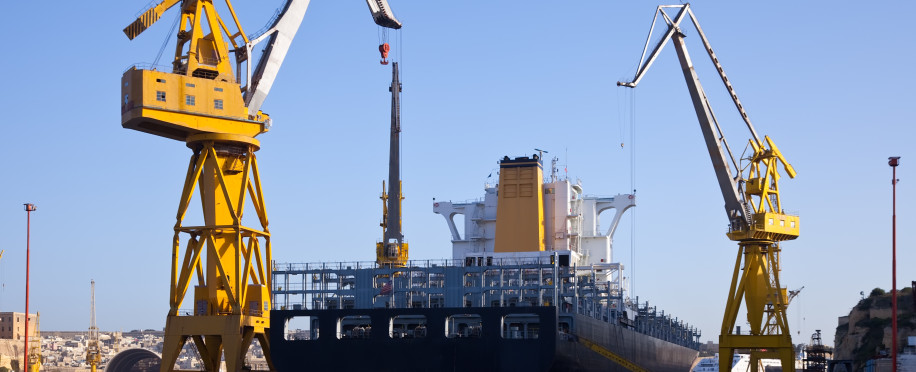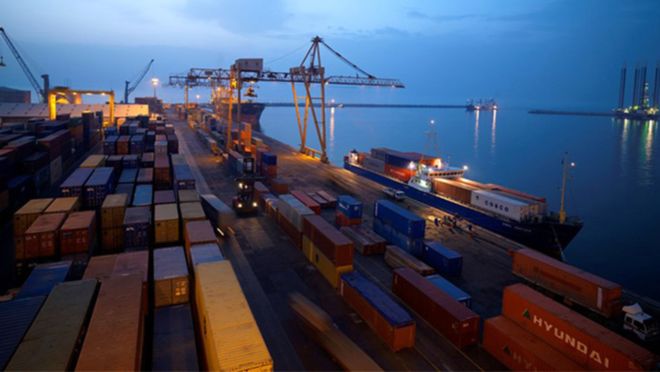Global Oil Supply Chains Under Threat Amid Red Sea Disruptions

Posted on Feb 22, 2024 at 11:02 PM
The stability of global oil supplies is teetering on the edge due to escalating tensions in the Red Sea region. Shipping lanes that are crucial for oil transportation have experienced significant disruptions. Despite the ongoing conflicts, oil shipments have so far remained unaffected. However, the looming fear among oil-importing nations is palpable, with concerns that exacerbating these conflicts could lead to catastrophic supply issues.
Countries heavily reliant on oil imports are on high alert, bracing for potential crises from continued unrest. The rigidity of existing oil tanker contracts complicates efforts to reroute around the troubled Red Sea passageways, leaving many to navigate the turbulent waters of supply chain adaptation.
The Suez Canal's Role Diminishes Amidst Maritime Strife
The recent Suez Canal traffic slumps underscores a growing divide in global trade routes. The Atlantic Basin and regions extending from the Persian Gulf to East Asia are now on divergent paths. This split has influenced purchasing decisions, with European refiners forgoing Iraqi Basrah crude in favour of cargoes from the North Sea and Guyana. In contrast, Asian markets have seen a surge in demand for Abu Dhabi’s Murban crude, upsetting the usual oil flow from Kazakhstan to Asia.
Ship-tracking data reveals a significant drop in crude shipments from the US to Asia, with a more than one-third decrease reported in December. This fragmentation in the oil supply chain poses a dire challenge for import-dependent countries like India and South Korea, limiting their ability to diversify sources and potentially squeezing refiners' margins.
Navigating the Turbulent Waters of Oil Supply
Kpler's chief petroleum analyst, Viktor Katona, emphasises the delicate balance between securing supply and maximising profits. With Red Sea disruptions driving freight rates up, shifting towards more logistically manageable cargoes is a pragmatic, albeit temporary, solution.
The repercussions of Red Sea tensions extend beyond just navigational challenges. European flows of fuel oil and naphtha from India and the Middle East and shipments of European fuel oil to Asia have been adversely affected. Despite these disruptions, oil flows to China and from Russia to India remain relatively stable, with Russia accounting for a significant portion of India's crude imports in 2023.

The Future of Oil Supply Amid Rising Geopolitical Tensions
The ongoing conflict in the Red Sea is not expected to alter oil flow patterns permanently. However, the stakes remain high. These incidents underscore the vulnerability of global trade to geopolitical unrest and climate-related challenges.
The increase in transport costs and the subsequent rise in global benchmark Brent crude prices underscore the pressing need for diversification, albeit at a higher cost. According to Giovanni Staunovo, a commodity analyst at UBS Group AG, passing these costs onto end consumers may be the only way to preserve refinery margins without lasting damage.
In conclusion, global oil supply chains' current geopolitical and environmental challenges underscore the urgent need for cooperative, sustainable solutions. As the situation unfolds, the international community must remain vigilant, adapting to ensure the stability and security of vital energy supplies.
Read more News:


